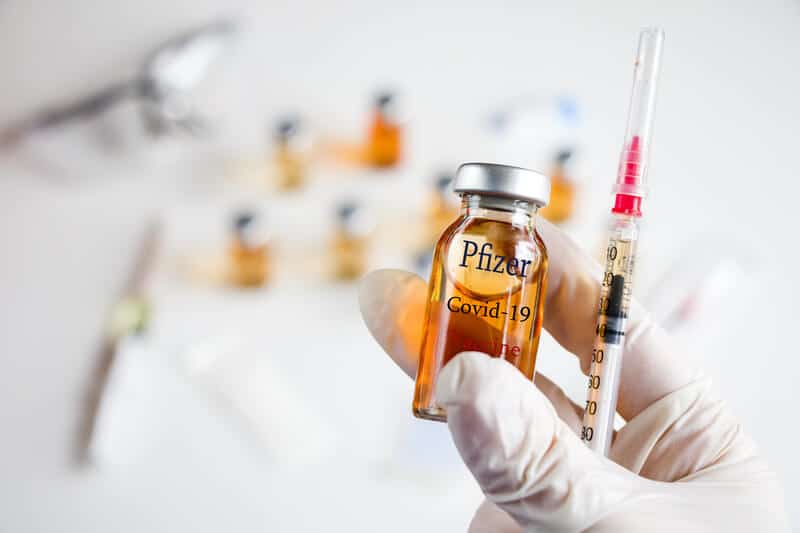Posted by: Maplewood Dental Arts in News
The Covid Vaccine and Your Health and Safety
As the vaccination for COVID-19 becomes available to the general public here in Maine, we are anticipating that you may have some questions about how it works and how to get it. One thing I want to be sure that our patients understand is that as dental health care providers we strongly recommend that as soon as you are able to, you get vaccinated. The US Food and Drug Administration (FDA) carefully reviews all safety data from clinical trials. It only authorizes emergency vaccine use when the expected vaccine benefits outweigh any potential risks. A group of medical specialists and scientists called the Advisory Committee on Immunization Practices (ACIP) reviews all safety data before recommending any COVID-19 vaccine for use. The FDA and the CDC are also continuing to monitor the safety of COVID-19 vaccines to make sure even very rare side effects are identified.

Contracting the virus and experiencing a COVID-19 infection poses serious risks to your health. Getting the illness and potentially spreading it to friends, co-workers or family members is dangerous and risky. While some people feel cold or flu type symptoms and fully recover, others are suffering with long-term health issues after recovery from COVID-19 disease, especially for those who have chronic conditions, are older, or have weakened immune systems.
As scientists continue to study and learn more about the virus, it is still not known whether getting COVID-19 disease can protect you from getting it again. It is also unknown if an infection gives you immunity or for how long that protection might last. The vaccines were tested in large clinical trials and were approved based on their safety and effectiveness. For these reasons, getting a vaccine is a safer choice.
Pfizer-BioNTech and Moderna vaccines, the two currently approved in the US, use a genetic molecule known as mRNA to prime the immune system against COVID-19. The mRNA is packaged in an oily bubble that can fuse to a cell, allowing the molecule to slip in. The cell uses the mRNA to make proteins from the coronavirus, which stimulates the immune system. While the mRNA is destroyed by our cells within days, the immune protection from the vaccine may last for months or even years. These are not DNA vaccines, which means they do not contain the actual virus.
Common Concerns and Questions
Can I get the virus from the vaccine?
No, you cannot. The vaccines authorized for use in the U.S. do not include any version of the coronavirus that causes COVID-19.
Are there side effects?
The injection into your arm won’t feel different than any other vaccine. The side effects, which can resemble the symptoms of COVID-19, last about a day and appear more likely after the second dose. Early reports from vaccine trials suggest some people might need to take a day off from work because they feel lousy after receiving the second dose. In the Pfizer vaccine study, about half developed fatigue. Other side effects occurred in at least 25 to 33 percent of patients, sometimes more, including headaches, chills and muscle pain.
I’ve already had Covid-19 should I still get vaccinated?
It is recommended that people get a COVID-19 vaccine even if they were previously infected with the virus that causes COVID-19. People who had COVID-19 can get the vaccine at any time after they’ve recovered from being ill with COVID-19.
Why should I get the vaccine?
COVID-19 vaccination can help keep you from getting COVID-19. Getting vaccinated may also protect people around you, particularly people at increased risk for severe illness from COVID-19. Vaccination is an important tool to help stop the COVID-19 pandemic.
Until we are passed all risk in the pandemic we will continue to practice the highest level of CDC safety standards in our office to keep you and your family safe in your dental appointments with us. We can all protect each other until then by remaining vigilant with other precautions like wearing a mask, social distancing, handwashing and other hygiene measures until public health officials say that we have achieved a level of herd immunity that will keep us safe.




